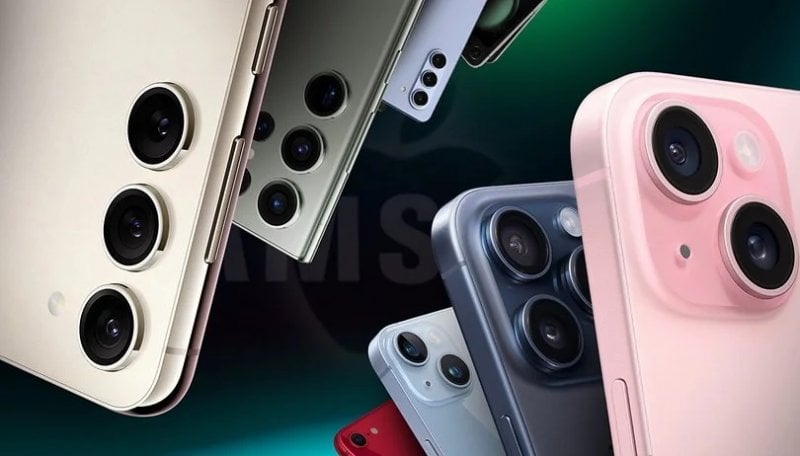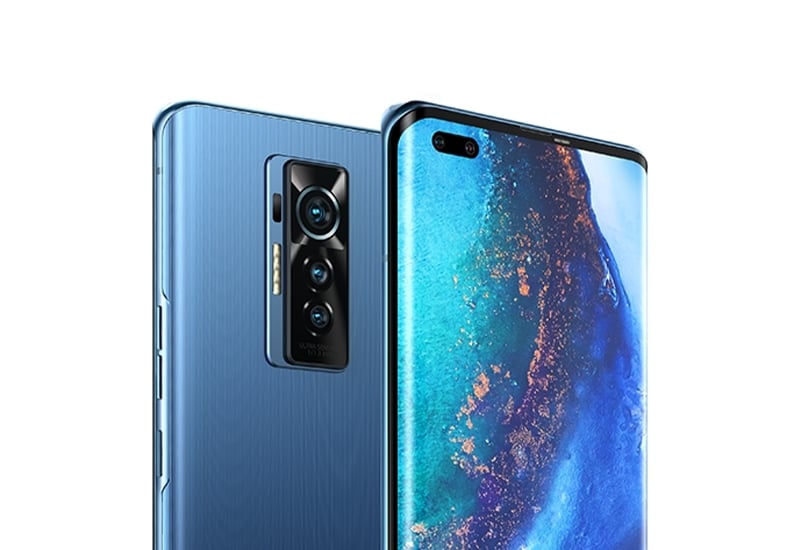iPhone shipments decline by 10 percent in the first quarter of 2024 and the Californian company cedes its lead to rival Samsung.
Samsung is once again in pole position when it comes to smartphones.
In the detail of the first quarter ranking, the return of the Seoul company to the top emerges after Apple had achieved leadership in shipments in 2023.
A surprise, but not too muchis represented by the Chinese company Transsionwhich records an increase of 84%, surpassing OPPO.
On the other hand, Apple, which has given up the throne, goes through a bend since the beginning of this year.
Despite an incredible revenue of $119.6 billion in the first quarter of 2024, the Californian giant saw a 10% decrease in iPhone shipments in the same period.
This underlines the crucial importance of achieving success with the upcoming iPhone 16 lineup.
Increases and decreases
Global mobile phone shipments increased 7.8% in the first quarter of 2024 compared to a year earlier, reaching a total of 289.4 million unitsas reported by the analysis company International Data Corporation (IDC).
Despite the ongoing macroeconomic challenges, IDC cautiously noted that this is the third consecutive quarter of growth in mobile phone shipments.
Despite this, both Apple and Samsung have recorded a decrease of smartphone shipments in Q1 2024, with Apple's decline being the most significant.
Apple sent 50.1 million iPhones in the quarter, achieving a market share of 17.3%, substantially down from 20.7% in Q4 2023.
A decline in shipments of 9.6% worries Apple investors, considering how iPhones represent the main source of revenue for the company.
Samsung saw a decrease in shipments in the quarter, but to a much less significant extent.
The Korean giant has shipped 60.1 million unitsmaintaining a market share of 20.8%, a decrease of only 1.7 percentage points compared to Q4 2023.
A surprising fact reported by the IDC report is the huge 84.9% increase in shipments of Transsion, a Chinese smartphone manufacturer, which shipped 28.5 million units in Q1 2024.
Xiaomi is another company that has seen significant growth, achieving a 14.1% market share with 40.8 million units shipped.
Slices and percentages
Samsung and Apple, despite being leaders in the ranking, cannot be said to be entirely satisfied.
The growth in shipments, from which the market was able to benefit, saw Xiaomi and, significantly, Transsion as the main “drivers”.
While Samsung and Apple saw an annual decrease in their market shares of -0.7% and -9.6% respectively, Xiaomi recorded an increase of 33.8% and Transsion an incredible +84.9%.
The latter, a Chinese conglomerate less known outside its borders, owns brands such as Tecno, Itel and Infinix, which are particularly popular in the markets of South America, Oceania and Africa.
Returning to Applethe company is certainly aware of this downward trend in shipments and is likely pondering how to make its next iPhone 16 family stand out from the competition.
However, analysts at JP Morgan suggest that the upcoming series may not be successful due to the lack of extensive AI features, while Ming-Chi Kuo predicted a potential drop in shipments of up to 15% this year due to the lack of differentiation between current and newer models.
On the other hand, Samsung seems to have made a difference by integrating some artificial intelligence features into the Galaxy S24 range, extending those features to older devices as well and thus increasing the retention rate of its devices.
#Samsung #returns #top #bestselling #smartphone #rankings #Apple #sharp #decline


